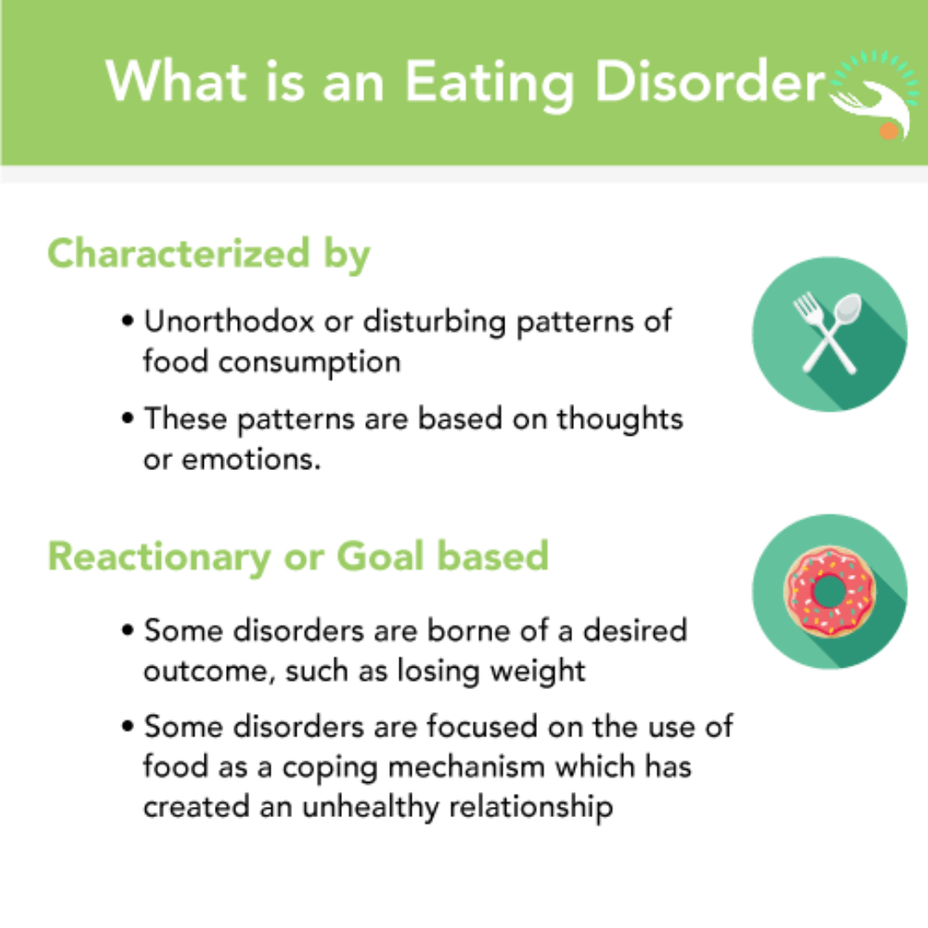I have been experiencing anxiety since I was 6 years old and it recently stopped me from having fun in an amusement park with my cousin. I had a panic attack, on the first ride we went on, and cried because I was scared we were going to fall out (we were in the front seat). On the second ride, I went with my dad, and I held him and screamed and cried the whole time because I was so scared of falling out.
My anxiety is getting to the point of affecting my life in too many ways. I am scared to eat( which may be an eating disorder called ARFID), I can't sleep well, my social interactions are becoming more and more limited, and I am always scared of the pain in my knee, the headache I have, etc. to the point that I am scared I am dying. My therapist isn't able to medically/legally diagnose me, but she has already said at least 3 times that she would recommend medication to help me manage my anxiety.
My parents aren't anti medication, but they have already CLEARLY stated they would rather me not be on meds. I really don't want to take meds because I am scared (anxiety, which the meds would help) but I can't keep living with this crazy anxiety. Are there any other options that aren't meds or more therapy that could help?
#Anxiety #AvoidantRestrictiveFoodIntakeDisorder #anxietydisorder















